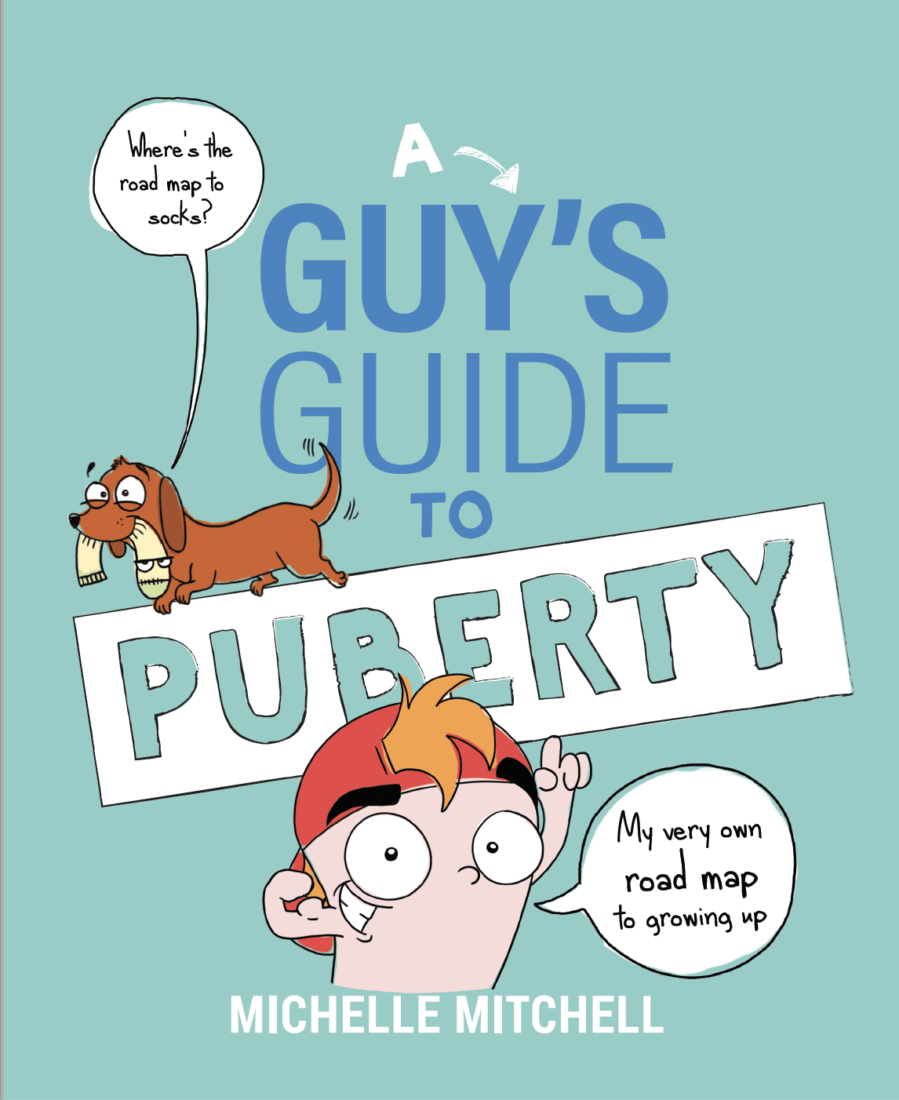michelle's blog
Questions Tweens Ask about Puberty and Sex: Channelling Curiosity to Safe People and Places
read

I regularly teach sexual health in primary schools. Today, a 10 year old boy approached me after a lesson about puberty. He waited until everyone had left the room and then asked me a very direct, personal question. He was uncomplicated in his approach, like most tweens I know. He was intentionally directing his curiosity to the right person, at the time right. I was able to be a trusted adult in his life.
It got me thinking about all the questions children have asked me over the years, and the questions my own children have asked me. It also got me thinking about why people ask questions, and how acquiring new information is a healthy part of growing up. I have noticed that when human beings feel safe, they feel empowered to stretch their minds. Safety, trust and belonging (at home and school) help them grow.
It is important that children know there are never any silly or dumb questions. There are, however, different types of questions. These include – questions to gain information / facts, questions to eliminate confusion, questions to more deeply understand, questions to apply information to your personal life or questions to solve a problem. If parents can identify the motive behind a question it can help them effectively meet a child’s need.
It takes insight and maturity to choose the right time and place to ask a question. Most young ones don’t yet have the cognitive ability to determine themselves. Part of our job is to help children understand the range of safe options available to them, and what types of questions each of them would be best to answer. For example, some content questions are best asked in a classroom setting, where everyone can benefit from the answer. Other questions are more person in nature and may be more appropriately directed to a private conversation with a parent. Doctors and specialists are available for medical and extra tricky questions that parents need help with.
It’s also good for children to know that questions may be answered differently by different people, and that some questions only parents can answer. For example, teachers provide medically accurate information for children, with a general stamp of values which reflect school and legislation. More specific questions are ones teaches will appropriately pass back to parents, saying, “That is a question that only your parents can answer.” For example, when would I be old enough to have a boyfriend or girlfriend? Every family has different values and children need to know what their family values are.
Our children are asking questions about their growing body, mind and sexuality more often than we realise. Some of their questions are quietly resting in their hearts, just waiting for the right person to entrust them to. They might hear things on the playground, in media or online (how could they not!). They might notice changes in themselves or their peers. In past generations, information about puberty and sex were delivered with a dose of fear and shame, leaving it really hard for children to ask questions. I’m so glad we have made progress. We want to encourage (but also channel) the curiosity our children have, especially around these sensitive topics.

When your tween first comes to you with a tricky or sensitive question, hold it with reverence and honour. Pause. Acknowledge it in full. Answer with care. Ask if they understand the answer. Ask if they have any more questions. The more dedicated we are to giving them a thoughtful / thorough response, the more they will feel valued and continue to draw on us for support. It really helps to remember what is behind a question… a vulnerable heart, a thought process that can’t be assumed and a curious mind that normally won’t rest until it is satisfied.
A dad said this to me once, “I know my girl. When she really wants to talk, she will come to me and ask me about 20 twenty questions, none of them of any significance and then right at the end she will ask me what she really wants to ask me.” Children test the water with the insignificant things (to check if we are too tired or if we are interested) before they really open up to us. When our tweens and teens get curious, they will find answers somewhere but they often look to us first. They look to see if we are available and open. If we are ready to respond, we have the opportunity to build foundation that will last them a lifetime.
YOU MIGHT ALSO LIKE:
You can find Michelle’s latest PUBERTY BOOKS here: A Guy’s Guide to Puberty and a Girl’s Guide to Puberty.
nEW here?
If you are new to my blog, I’m guessing that someone you trust mentioned my name, or you stumbled upon me online. This site is full of helpful parenting ideas that will help you make decisions with more confidence.
If you have something specific you are looking for, why not search the topics below. If you just want to browse, why not start by reading my most popular posts.
If you would like to receive Michelle’s blog via email each month, simply sign up below, indicating if you are a parent or a professional.

top reads
- 1. Try Being 5 Minutes Late: Common Sense Ideas to Promote Resilience
- 2. How to Deal with an Entitled Teen: Strategies You Can Use Today
- 3. Choosing a Counsellor: Ideas That Could Make All the Difference
- 4. Even If: Conversations to Combat Anxiety
- 5. What to Say if Your Child is Self-Harming: A Guide to the Initial Discussion


